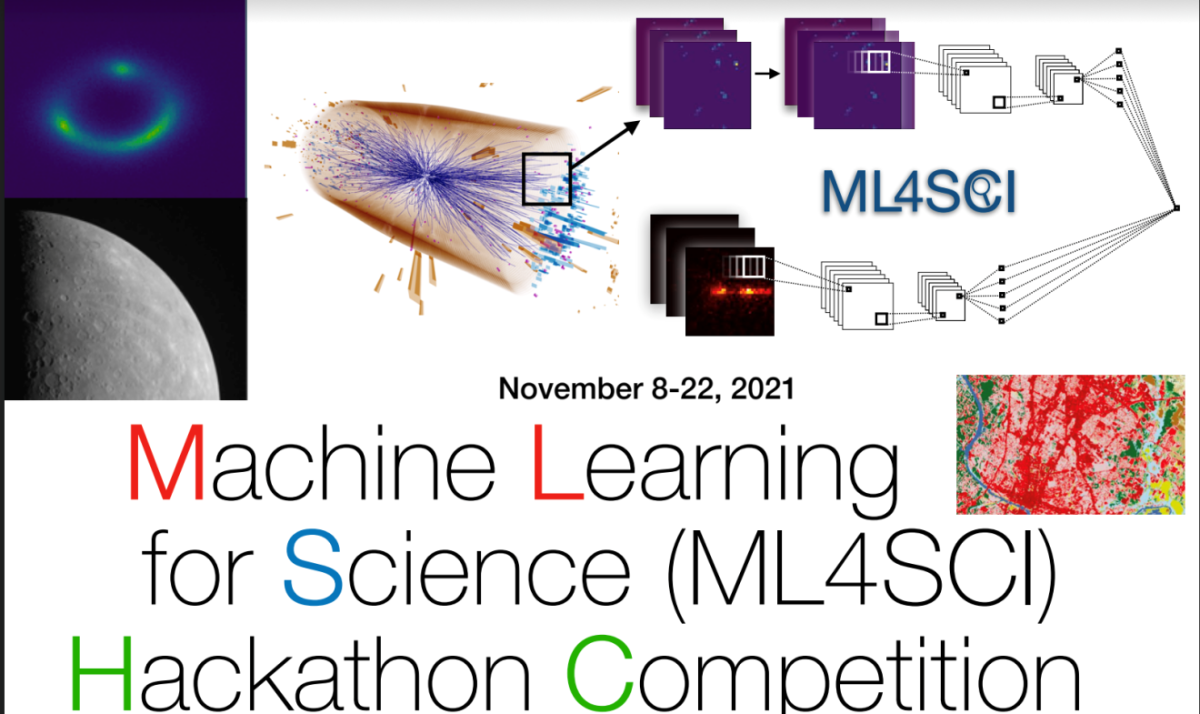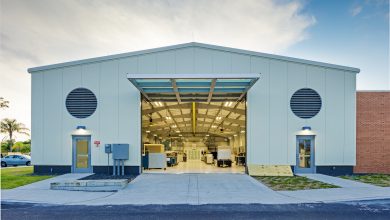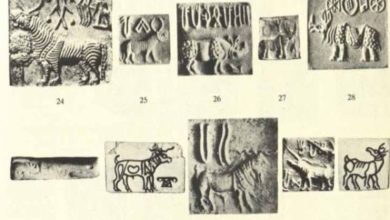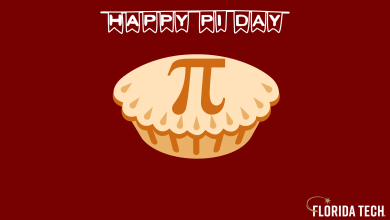Student Teams Fare Well at ML4SCI Hackathon
Florida Tech student teams won multiple awards, including one for first place, in the Machine Learning for Science (ML4SCI) Hackathon Competition.
The two-week event in November featured teams from dozens of schools in the U.S. and around the world. It focused on on applying machine learning techniques to scientific challenges, including those from the fields of physics, astronomy and planetary science.
There were six main challenges:
- Higgs Boson Challenge (Classification, General)
- Particle Images Challenge (Classification, Computer Vision)
- Strong Lensing Challenge (Multi-class Classification, Regression, Computer Vision)
- NMR Spin Challenge (Multi-Target Regression)
- Planetary Albedo (Regression, Image Analysis)
- Circumgalactic Medium (Dimensionality Reduction, Spectra)
In the Particle Images Challenge – Classification challenge, the Florida Tech team of Stephen Butalla and Mehdi Rahmani took first place. The other participating Florida Tech team, comprised of Colbi Appleby, Nico Braukman and Pragya Jha, was 7th. In the Particle Images Challenge, students had a detector as a camera to identify electrons from photons using any algorithm.
Butalla and Rahmani work in the HEP Research Group of professor Marcus Hohlmann.
“This was a rather tricky challenge because the particle showers created in the detector by electrons and photons are very similar,” Hohlmann said. “The convolutional neural network algorithm they developed and trained performed best among all the competition.”

“It’s an honor,” Butalla said of the team’s top finish. “We are thankful to the organizers for putting on this competition. It was a challenging problem and the award serves as a reminder that hard work and persistence always pays off.”
Rahmani said his friendship with Butalla was a key factor in their results. “Stephen and I are friends, and we work well together precisely because of friendship. We encourage each other, help each other and push each other. This mentality, that my success is his success and vice versa, to me is the spirit of scientific collaboration.”
The Appleby-Braukman-Jha team won 3rd place in the NMR Spin Challenge, which used machine learning and condensed matter physics with the goal of predicting the strength and shape of interactions between nuclear spins from simulated time-dependent magnetic curves. In the Strong Lensing Challenge – Classification, the team won 5th place. That challenge saw students design and implement unsupervised deep learning models to solve the task of anomaly detection on strong lensing images
Machine Learning for Science is an open-source organization that brings together modern machine learning techniques and applies them to cutting edge problems in science, technology, engineering and math (STEM).
“The students have come away enriched with new knowledge about data science and machine learning in STEM that can help in their future careers,” Hohlmann said.
For questions or additional information, please contact Marc Baarmand at baarmand@fit.edu.





